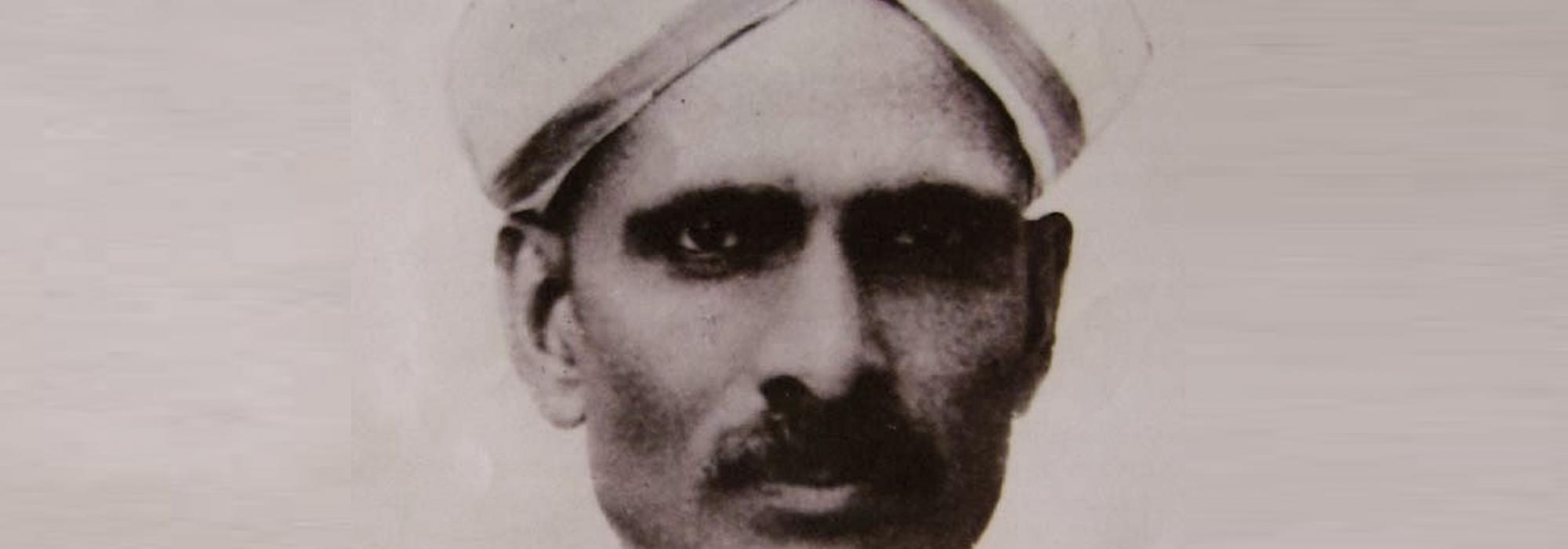Atop Narahari Rao’s Hillock
Sitting in the eastern slope of Narahari Rao’s Hillock in Basavanagudi, Venkannayya, Srinivasamurthy, and I – with A R Krishna Shastri joining us occasionally – would read several episodes from the Gadugina Bhārata [of Kumāra-vyāsa]. Venkannayya was assigned the task of recitation. Srinivasamurthy and I would make small heaps of stones and take turns at hurling them at the raw mangoes hanging from the trees nearby. At that time, around four in the afternoon, the shadow of the temple would extend to the spot where we sat and the weather would turn pleasant. We always took with us some avalakki [beaten rice] and hurigāḻu [spicy fried lentils]. And along with that we would have raw mangoes on the verge of ripening, which we had brought down from the trees, and some salt and chillies to go with them. We would feast upon these snacks, interrupt Venkannayya as he recited the verses, pass our comments on the verses, and make fun of one another – in this manner, we spent many an afternoon.
One evening at about five, we came to Narahari Rao’s Hillock. Mahāmahopādhyāya Siddhanti Shiva-shankara Shastri had come there. Having taken over the administration of the temple, he was busy in organising the work that lay ahead. As soon as he saw me, he received me with affection. I remember that there were three or four of us on that day. I introduced Venkannayya and others to him. Shastri took us into the temple and make us sit in the Navaraṅga-maṇṭapa. After we sat down, he placed before us a copy of a poetical work that he had composed and asked us to recite it. I said, “Venkannayya recites poetry extremely well; you should listen to his rendition of verses,” and placed the book before Venkannayya. It was a campū-prabandha [a composition with both prose and verse] – Kumāra-svāmī-śaila-mahātmya; it describes Shastri’s dreams as well as the divine inspiration he had, in order to settle in this hillock.
Venkannayya began reading the page indicated by Shastri and eventually came to this sentence: “O Ruṇḍamālī! Ā uribisilinalli nānu bandu keṇḍadante kāda ī baṇḍeya mele kuṇḍeyannūri...”
By the time Venkannayya finished reciting this, he was overcome by unstoppable laughter. Under the pretext of inhaling snuff, he began searching for his snuff box and handkerchief. Even so, he could not control his laughter. I had to somehow manage to put on a straight face and conjure up a miracle.
I said, “He gets fits of cough. Given some water, he will be alright.”
Shastri called out to an arcaka and said, “Bring some water! Even if it’s tīrtha, it’s fine.”
Both of us were unable to control our laughter. Shastri asked what the matter was.
I said, “Your poetic rhyme has given us a hard time! Your alliteration with the letter ‘ḍa’ is catastrophic. My name itself is a prime example!”
After a while, everything calmed down. We never went back to that spot again.
It can be said that Shivashankara Shastri was a great scholar. The presidential address that he made at the literary conference at Bijapur bears testimony to this. He was a person who could effortlessly compose poetry starting out with any letter of the alphabet, on any subject, set to any poetic meter.
My Defeat
Venkannayya has defeated me in many areas. I have lost to him in matters such as scholarship, awareness, wisdom, self-restraint, purity, and exalted emotions. One of the occasions in which I was defeated by him is a matter pertaining to public life and therefore I find it appropriate to narrate it here.
Soon after becoming the Vice-President of the Kannaḍa Sāhitya Pariṣat, I prepared a document with a set of rules pertaining to its annual literary conferences and presented it to the working committee. Similarly, I suggested rules for the special literary festivals and other such events: meetings and conferences must adhere to a timetable, the structure of lectures and talks must be decided beforehand, the time-slots for lectures must be well defined and strictly adhered to. There is no value in undertaking activities without specific goals and objectives. A conference should not become a chaotic, noisy marketplace. If one works with discipline, more work will be completed and the work done will be more fruitful. This was my argument.
The working committee of the Pariṣat enthusias-tically hailed my ideas. Venkannayya was the foremost of those who welcomed my words and applauded in appreciation. With a broad smile he said, “Tathāstu!” [So be it!] and quickly followed it with, “Anyathā bhavati!” [It will be otherwise!] We all stared at him, giving a stern look. Continuing to smile, he said, “All that you say is correct, but none of it will work!”
I asked, “Why do you say so?”
Venkannayya replied, “Because that is the nature of our people. They will not allow any of these rules to be implemented.
“You will say that the meeting shall commence at eight-thirty. People will not turn up until nine. If you say that the meeting starts at nine, nobody will show their faces until it is ten. You allocate fifteen minutes for the lecture. Even after twenty-five minutes, our speaker will not have reached the crux of the topic; he would still be delivering the introduction. What will you do with him? If you ask him to stop, he will be enraged. We too will get furious and accuse you of insulting the speaker.
“We will ensure that your rules do not work even for the coffee break. If you say that the coffee break is at three, we will congregate there half an hour earlier, demand noisily for coffee, drink to our heart’s content, and leave nothing but empty vessels for those who promptly come at three. Or else, we ourselves will show up at four and complain that the coffee is cold! Your rules and discipline don’t go well with our innate nature, your excellency!”
As he spoke these discouraging words, he constructed his sentences set to poetic meters and sang them in different rāgas.
Finally he said, “Let all this be printed and recorded for posterity. People who care to read it will know your intentions. Our people have neither a structured framework nor the discipline to follow rules. Our meetings are mostly aimed at creating a high-pitched ruckus. Just watch…”
All my experiences from that day onwards affirmed the arguments put forth by Venkannayya. People assembled for the meeting are requested to sit in an orderly fashion, row by row. However, what happens is that they push each other, thronging by the door, and leave the rest of the hall empty. If we ask them to spread out a little and sit comfortably, they refuse and insist that they will stay where they are. In their opinion, they are being respectful. But what results is inconvenience for others. Thus, to enforce any discipline in any setting seems to be difficult in our country. I have accepted defeat. What finally seems to work is Venkannayya’s clarion calls of chaotic crowds.
To be continued.
This is the fifth part of an eight-part English translation of Chapters 23 and 24 of D V Gundappa’s Jnapakachitrashaale – Vol. 3 – Sahityopasakaru.
















































